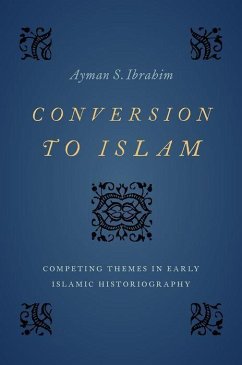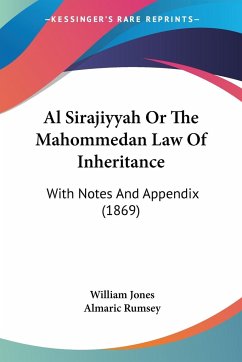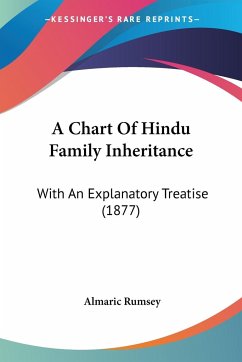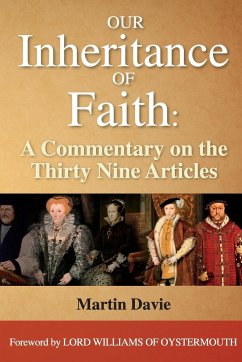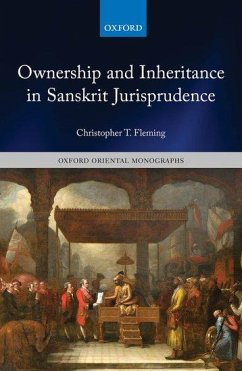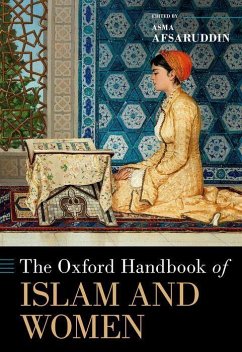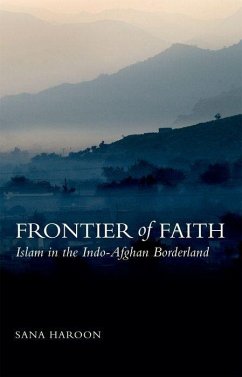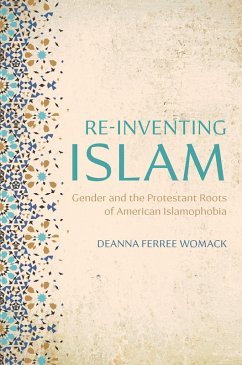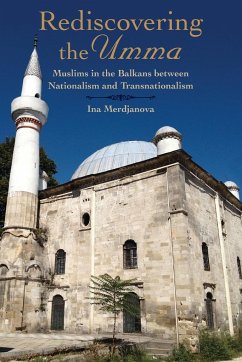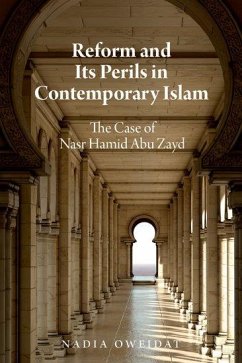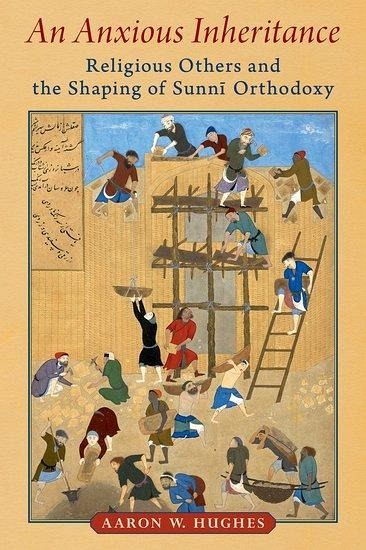
An Anxious Inheritance
Religious Others and the Shaping of Sunni Orthodoxy
Versandkostenfrei!
Versandfertig in über 4 Wochen
121,99 €
inkl. MwSt.
Weitere Ausgaben:

PAYBACK Punkte
61 °P sammeln!
An Anxious Inheritance examines the role of the ever-expandable category of "non-Muslims" in early Islam. It demonstrates how the Qur'an functioned as both a script to understand them and as a map to classify them, and this category's role in shaping (Sunni) orthodoxy. This orthodoxy was considered natural, but in fact it was based on retroactive back-projections. Non-Muslims and the "wrong" kinds of Muslims became integral to understanding what true religion was not and what it should be. These non-Muslims were rarely real individuals or groups; rather, they functioned as textual foils that c...
An Anxious Inheritance examines the role of the ever-expandable category of "non-Muslims" in early Islam. It demonstrates how the Qur'an functioned as both a script to understand them and as a map to classify them, and this category's role in shaping (Sunni) orthodoxy. This orthodoxy was considered natural, but in fact it was based on retroactive back-projections. Non-Muslims and the "wrong" kinds of Muslims became integral to understanding what true religion was not and what it should be. These non-Muslims were rarely real individuals or groups; rather, they functioned as textual foils that could be conveniently orchestrated, and ultimately controlled, to facilitate self-definition.




